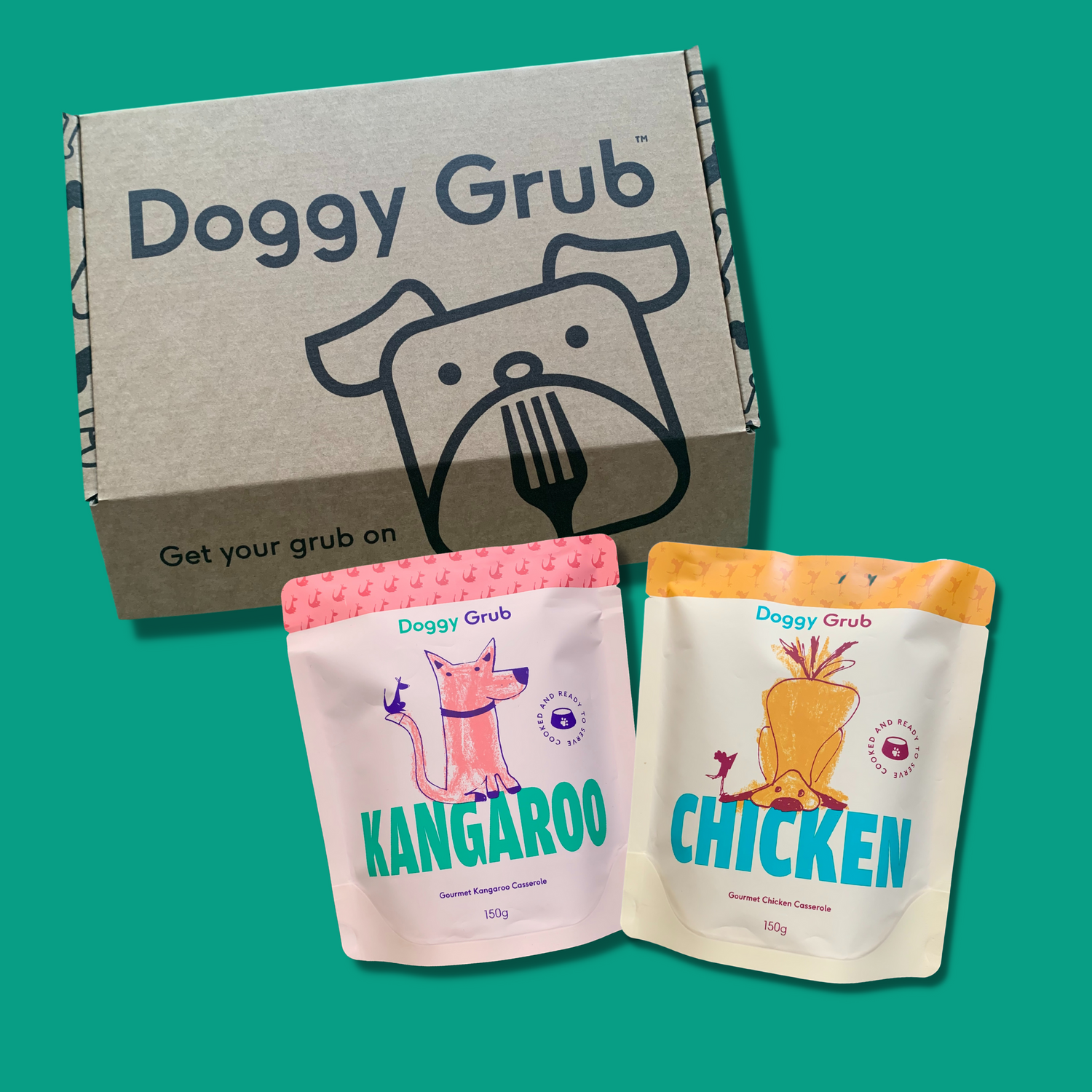As pet owners, we are overwhelmed with choice when it comes to dog food!
We consider our fur pals as an extension of the family so it’s only natural we want the best for them. That means researching different dog food brands; asking our vet and even friends for recommendations.
We know our dog's breed can determine how we should train them, what personality traits they have, how much food they need…but is it also important to select food based on breed?
Does it really have an effect on the overall health of your dog?
Let’s take a look at breed-specific dog food and determine if that is something your pup needs.
Is breed specific dog food a gimmick?
Some brands have developed breed-specific dog foods that are said to address the health needs of your specific breed of dog (or cat).
While different breeds have different health conditions, let’s remember that the digestive process is the same for all dogs (even though a Labrador seem to have a stomach made to handle everything and anything compared to that of a Pug).
At this stage, there is no sound nutritional science backing the claims of breed-specific dog food brands. It is very difficult to identify the difference in nutritional requirements between different breeds of dogs.
We know that a small breed’s metabolism (the process by which their body converts what they eat and drink into energy) is different to a large breed, but when it comes to their dietary needs, it doesn’t vary all that much.
These needs are based on other factors than the breed (more on that later).
So while you will not be causing any harm by feeding a breed specific dog food, it becomes a bit superfluous if you’re already applying healthy feeding rules.

How to address breed specific issues?
We now know that nutritional requirements are the same regardless of breed.
Still, there is no denying that different dog breeds have different health conditions, so how do we address that when it comes to the diet?
Introducing foods that help with specific health conditions is far more effective than feeding foods claiming to be only helpful to a particular breed.
For example:
- Hypertension and high blood pressure require a salt-reduced diet and ideally fewer processed ingredients.
- Skin and coat problems necessitate higher intake of ingredients rich in omega 3 fatty acids.
- Gastrointestinal issues can be helped by eating more complex carbs (quinoa, brown rice, millet, sweet potatoes) and cut down on the fat or protein to calm the digestive system.
- Arthritis and joints issues, common in bigger breeds, are best handled with whole-food ingredients packed with protein to keep the bones strong.
- Obesity, common in Labradors and Beagles, is managed with portion control and offering healthy meals and treats.
You might not be able to avoid medical solutions to your dog’s health problems but, if able, it is always better to make dietary changes and find the root of the problem rather than applying a band-aid to the symptoms.
If not breed-specific dog food then what?
If you’re not buying a breed-specific dog food, then what should you choose?
The truth is, most ingredients listed in store-bought or veterinary dog food are the same. And let’s be real, the standard is pretty low.
Your dog’s diet should be based on health issues more than breed, as two completely different breeds could have the same problem.
Next is activity level and age. Your dog uses nutrients in the food as a source of energy to help them grow and thrive. Activity levels and age are far better indicators than breed, to determine the levels of nutrients needed in your dog’s diet.
Some nutritional needs will change over the course of your dog’s life, from puppy to senior. Depending on what stage of life your dog is in, discuss with your vet specific needs that may arise and meet them by adapting the diet slightly.
Ultimately, when choosing food for your dog, you should focus on selecting a high-quality diet.
At Doggy Grub, we only use whole-food ingredients and superfoods. Our meals are made fresh, in small batches for a better quality control.
We create a meal plan based on your dog’s age, activity level and weight. This type of custom diet solution will make a real impact on your dog’s health and well-being.
In the end, most dog sizes and breeds can be fed the same diet, although the amount fed should vary depending on your dog’s metabolism and activity levels to avoid issues such as obesity.
Do you feed your dog a breed-specific diet?
Want to be the first to get your paws onto the hottest topics? Subscribe to our newsletter!
-------------------------------------------------------------------------------------------------
The Doggy Grub blog is dedicated to helping dogs and their owners achieve happier, healthier lives, changing the way we feed our dogs one bowl at a time! If you would like to know more about our fresh food head to Doggy Grub










